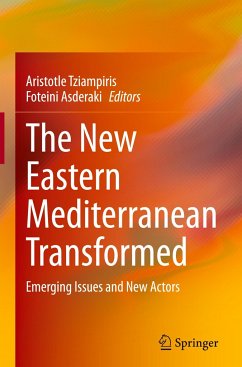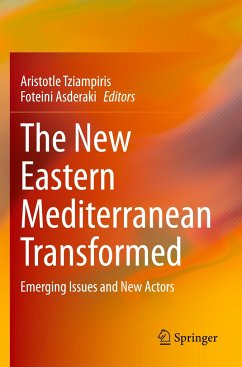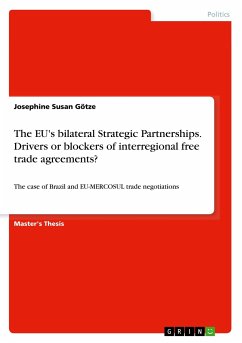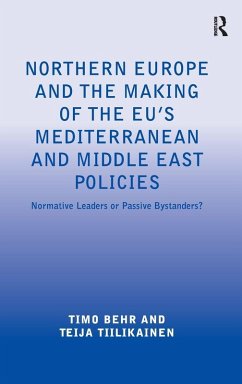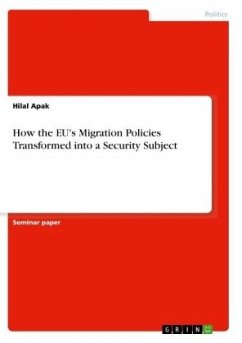
How the EU's Migration Policies Transformed into a Security Subject

PAYBACK Punkte
0 °P sammeln!
Seminar paper from the year 2019 in the subject Politics - International Politics - Topic: European Union, grade: 2,7, University of Bamberg (International and European Politics), course: New Security and Challenges in the European Union, language: English, abstract: The topic of this term paper are the current EU's migration policies. The international immigration movement has been one of the deliberations in the current challenges which shapes the economic, social and political structure of Europe, particularly since the 2015 Refugee Crisis. This challenge has been taking place through the p...
Seminar paper from the year 2019 in the subject Politics - International Politics - Topic: European Union, grade: 2,7, University of Bamberg (International and European Politics), course: New Security and Challenges in the European Union, language: English, abstract: The topic of this term paper are the current EU's migration policies. The international immigration movement has been one of the deliberations in the current challenges which shapes the economic, social and political structure of Europe, particularly since the 2015 Refugee Crisis. This challenge has been taking place through the process called "Arab Spring" by the growing migration flows due to political and economic instabilities existing in North African countries. The aim of this study was to investigate EU migration policy through securitization by using the securitization theory. The research question is the following: "How did the EU's migration policies transform into a security subject?" The term paper aims to answer this question systematically throughout the following sections. Migration is perceived as a "new threat object" that will be analyzed using the theory of securitization. This paper has been divided into five sections. The first section seeks to examine the changing nature of policy regulations through migration policies. The second section is the main analytical part. This section theoretically discusses the fundamental structure of securitization and the Copenhagen School. It indicates the impact of extraordinary measures taken by the EU and developments in Europe's ideological map in an effort to explain this theory. It also facilitates the concept of externalization by examining implementations on the border controls. The third section accentuates the framework for migration as a security object. The fourth section focuses on securitization of migration by addressing a parallel way of the supranational process. This section emphasizes that the transition of asylum seekers and immigrants across the Schengen border makes the coherent cooperation of the EU institutions and the member states necessary. Besides, immigation has become a fundamental property both at the national level and also the European Union level. So most importantly, it has been transformed into a subject of "high politics". Finally, the conclusion provides a summary of the results of the analysis undertaken in the other sections, and the research question will be answered.




